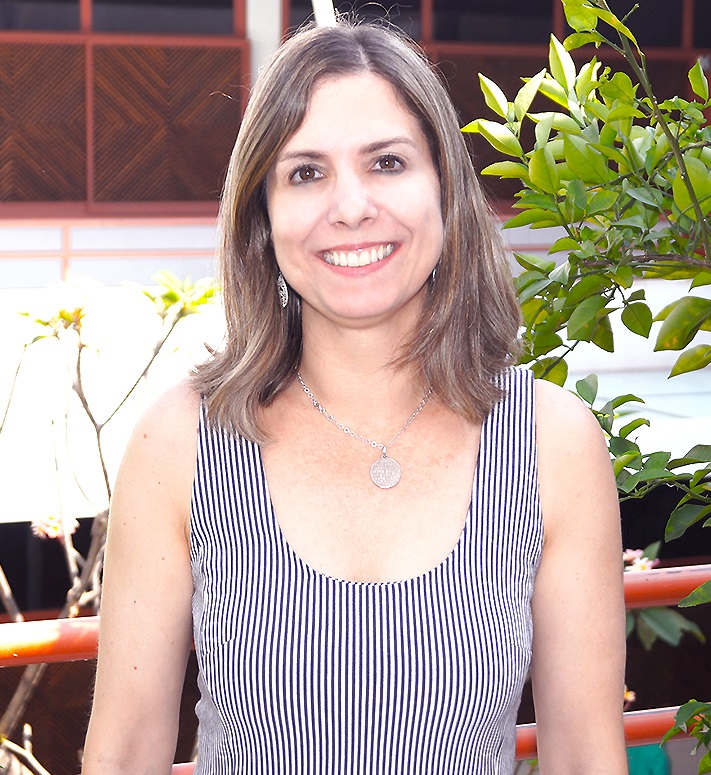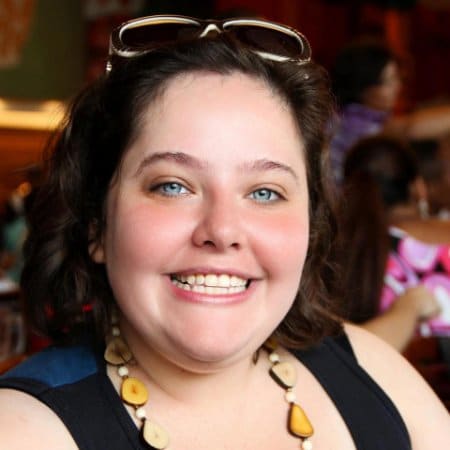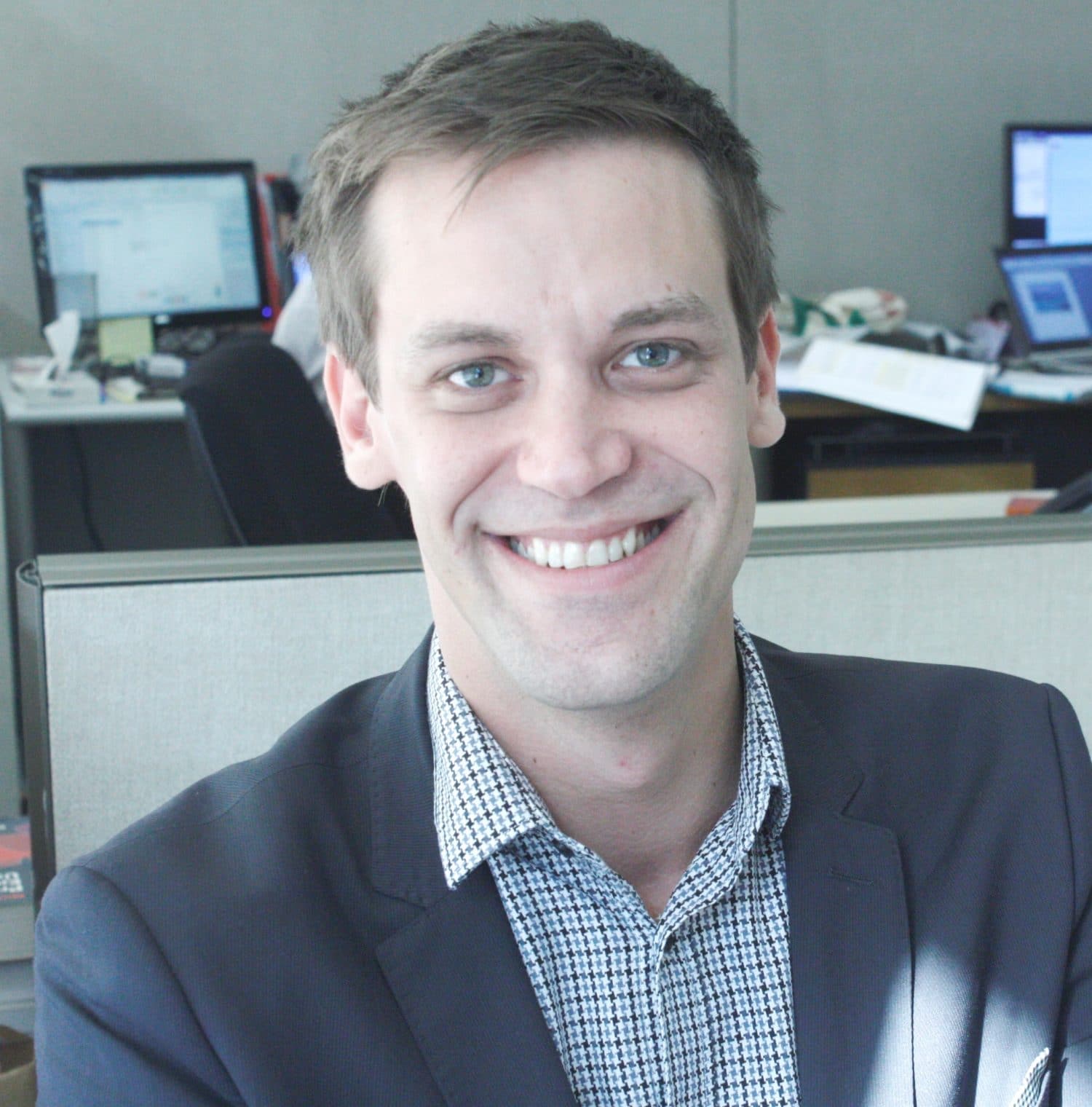On paradigms and mindsets: A challenge for 2015
As we are beginning a new year and many of us are enjoying our well-deserved summer vacations in the southern hemisphere, in my post today I’m going to relate my vacation experience with what I’m currently reading and propose a new year challenge.
On our summer vacations, my husband and I have always favored calmer places; spending our summers in a large city packed with tourists has never been our idea of the ideal vacation. When we see a huge crowd, we usually turn the other way.
However, this time a special family situation led us to spend our summer vacation in Rio de Janeiro on perhaps the most crowded period of the year – from December 26 through January 05. Because we were there, we also decided to go see the fireworks in Copacabana on December 31. After all, when would we be in Rio again during this time of year? We might as well go and check out what many have described as an unforgettable experience. And indeed not only was it magnificent, it was also surprisingly more peaceful and organized than we had imagined. For us, it was a paradigm shift, doing something we would never have planned in other circumstances. We were there and we seized the opportunity. And it was well worth it.
Coincidentally, a few days later I saw a special report on a Brazilian TV show called Fantastico describing what innovative companies have been doing to motivate their employees. One of the examples was an advertising firm that gave their employees R$ 4,000 to spend on their vacations as long as it was in an off-the-beaten-track place. The idea is that people who visit remote places and have contact with different cultures and lifestyles become more creative, adaptable, and open-minded, ultimately also becoming better professionals.
All this relates to my vacation reading, a book by Carol Dwek (2006) called Mindset: How you can fulfill your potential. The author explains that there are two different types of people in the world – those with a fixed mindset and those with a growth mindset.
The ones with a fixed mindset believe that we are born with fixed traits – such as high or low intelligence – and that we can’t change this. They don’t like to take risks because risks lead us to making mistakes, and once we make a big mistake, we are losers for life. Therefore, they prefer to play safe, to do something they know they can do well and be successful, rather than to try something new or to accept a big challenge and run the risk of being unsuccessful. People with a fixed mindset feel an urgency to succeed. They don’t have time to spend on becoming; they have to already be. Success needs to come without much effort. Only losers need to put a lot of effort into achieving their goals.
Conversely, people with a growth mindset believe that they can develop their potential. They like challenges and are not afraid of making mistakes over and over again until they reach their goal. They don’t think failures define them; failures are part of development. They don’t feel an urgency to succeed; they feel an urgency to continue developing. To them, success is not a fixed trait and becoming is better than being. Differently from people with a fixed mindset, they see effort as a natural component of success.
This growth mindset is based on the belief that your basic qualities are things
you can cultivate through your efforts. Although people may differ in every
which way— in their initial talents and aptitudes, interests, or temperaments—
everyone can change and grow through application and experience
(Dwek, 2006, location 174).
People with a fixed mindset have long-held beliefs about what they should do and how and are not willing to change this. People with a growth mindset are more willing to embrace new experiences and adventures, even if they think they might not be successful. Trying things out and then regretting it is better than never having taken the risk. Even if I had hated the experience of going to see the fireworks in Copacabana with two million other people, it would have been a valuable experience because at least now I would know if it was truly worthwhile or not.
Does this mean that we are born with one mindset or the other and we can’t change this? Of course not! We can learn to develp a growth mindset. In fact, we teachers should also learn to develop our students’ growth mindset, as schools in general have unfortunately helped perpetuate the fixed mindset.
Cashing in on this idea of paradigms and mindsets, I would like to propose a challenge for all of us in 2015.
– What are you going to try to do differently this year? What paradigm or pattern do you think you need to break in order to have a new, unexpected experience? For example, what is something you always do in your classes that you think you could do completely differently this year to see what happens? What professional development project can you embrace that is completely different from anything you have done?
– What major challenge would you like pose for yourself- something that can be difficult and that might lead to failure at first but that may result in long-term success?
– On a more personal level, in the impossibility of receiving extra money from your school to travel to an unknown place, what else could you do to have a completely different experience and, thus, open your mind even more? It could be hanging out in a different neighborhood in your city, reading about a topic that is completely unkown to you, taking up an activity that you had never thought of, etc.
– How are you going to develop or nurture a growth mindset in yourself, as a teacher, and in your students?
– More importantly, what are you going to focus on becoming in 2015?
Why don’t you share some if your plans here with us?
Reference
Dweck, C. (2006). Mindset: How you can fulfill your potential. New York: Random House, Inc.






